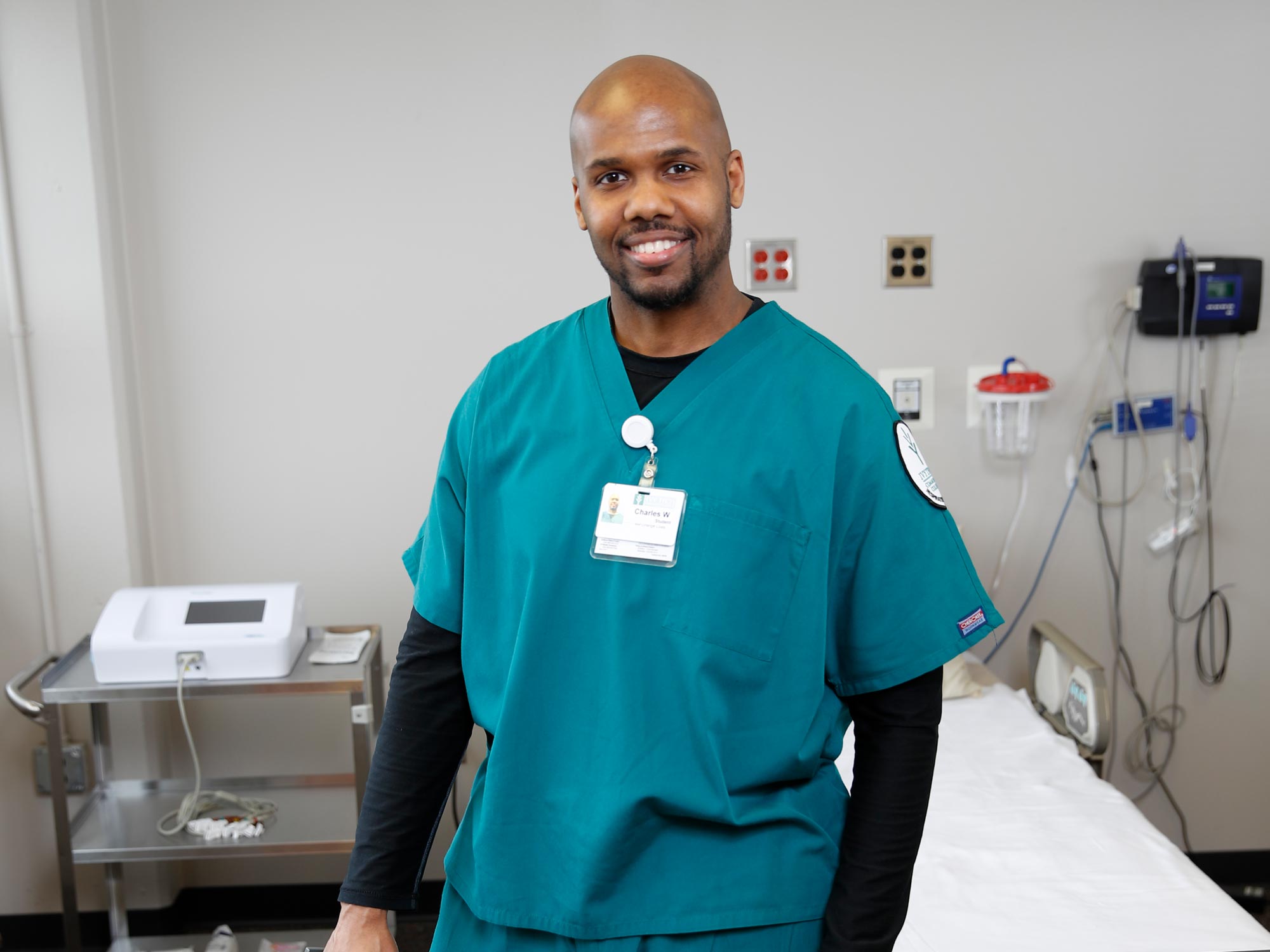Thorough Northeast Medical Institute Phlebotomy Courses Stamford: Breakthrough Your Skills
Thorough Northeast Medical Institute Phlebotomy Courses Stamford: Breakthrough Your Skills
Blog Article
Critical Variables to Take Into Consideration When Choosing the Many Suitable Medical Institution Curriculum for You
Choosing the most fitting clinical college educational program is a critical decision that can greatly influence your instructional trip and future career path. As aspiring physician, the choice of educational program need to line up with your individual understanding style and occupation desires. However, beyond these initial factors to consider, different critical factors come into play when making this selection. By exploring the subtleties of mentor methods, educational program versatility, and medical exposure possibilities, a more thorough understanding of what makes an educational program ideal for you emerges. Let's discover these essential aspects that can form your clinical education and learning and inevitably, your expert trajectory.
Personal Understanding Design

Clinical colleges that supply varied training techniques and sources can accommodate various learning designs, cultivating a inclusive and dynamic instructional environment. Inevitably, understanding personal discovering preferences empowers students to make educated decisions regarding their clinical education and learning, setting a solid structure for their future occupations in healthcare.
Career Objectives Placement

Moreover, lining up occupation goals with the medical institution educational program can additionally boost inspiration and interaction throughout the academic journey. When trainees see the direct relevance of their coursework to their future career, they are more probable to stay devoted and focused to their researches. Consequently, when picking a clinical institution curriculum, it is crucial to carefully take into consideration just how well it lines up with one's profession goals to guarantee a successful and meeting expert course.
Mentor Approaches
Taking into consideration the positioning of career objectives with the picked clinical school educational program, an assessment of the teaching techniques utilized comes to be crucial fit the finding out experience. The effectiveness of a clinical college educational program heavily relies upon the training methodologies used by the establishment. Various mentor methods, such as lectures, small seminar, problem-based learning, simulation-based training, and hands-on professional experience, can considerably affect how well students maintain and realize details.
Lectures are a conventional yet still frequently made use of approach for delivering content to a big team of pupils successfully. Tiny team conversations foster collaboration, vital reasoning, and interaction abilities amongst pupils. Problem-based learning encourages active involvement, self-directed knowing, and analytic capacities. Simulation-based training permits pupils to exercise professional abilities in a regulated setting prior to connecting with actual individuals. Hands-on scientific experience uses a direct understanding of individual treatment and medical practices.
When selecting a clinical institution educational program, aspiring trainees should take into consideration the mentor techniques utilized to guarantee that their understanding choices and staminas align with the academic strategy of the organization.
Curriculum Adaptability
When examining medical college programs, evaluating the extent of educational program flexibility is important for possible trainees looking for a tailored instructional experience. Curriculum flexibility describes the level to which trainees can personalize their discovering courses within the clinical institution educational program. A curriculum that uses flexibility enables pupils to pursue their rate of interests, focus on areas where they require more assistance, and involve in learning experiences that line website here up with their career objectives.

Potential medical students ought to take into consideration how a clinical institution's educational program adaptability straightens with their discovering preferences, profession ambitions, and individual goals. By choosing a program that supplies the appropriate balance of structure and adaptability, pupils can enhance their educational experience and prepare themselves for successful professions in medicine.
Medical Direct Exposure Opportunities
Exploring the useful application of clinical understanding, professional exposure chances play a critical role fit a detailed clinical education and learning. These possibilities provide students with invaluable hands-on experience in genuine health care setups, enabling them to connect the void in between concept and method. When taking into consideration clinical college curricula, the high quality and quantity of medical exposure should be thoroughly examined.
Efficient scientific direct exposure must use a varied variety of experiences throughout numerous specializeds, making sure that trainees are exposed to different clinical situations and individual demographics. Exposure to outpatient centers, inpatient wards, surgical theaters, and emergency divisions can assist students develop a well-rounded understanding of various aspects of health care delivery. Additionally, opportunities for community-based treatment and communications with underserved populations can cultivate a much deeper admiration for the social factors of health.
In addition, the existence of supportive faculty and mentors throughout these medical experiences can significantly boost the discovering procedure. Professors assistance and constructive comments can help pupils review their medical experiences, determine locations for enhancement, and boost their decision-making capabilities and professional abilities (Northeast Medical Institute CNA Classes Near me Stamford). Generally, robust scientific exposure chances are essential for preparing future doctors to supply quality individual care efficiently
Verdict
In conclusion, when picking a clinical institution educational program, it is important to consider your individual understanding style, positioning look at here now with occupation purposes, teaching methods, educational program adaptability, and clinical exposure chances. These aspects play a crucial role in identifying one of the most appropriate program for your academic and expert development. Make certain to thoroughly examine each facet to make an educated choice that will best sustain your growth in the medical field.
Recognizing one's individual discovering style is crucial when you could try here choosing a clinical institution curriculum. By determining one's learning design early on, striving clinical trainees can tactically choose an educational program that caters to their strengths, inevitably improving their knowing experience and academic success.
When assessing medical school programs, analyzing the degree of curriculum flexibility is important for prospective pupils seeking a customized instructional experience. Curriculum flexibility refers to the level to which trainees can personalize their learning courses within the medical college curriculum.In conclusion, when picking a medical school educational program, it is vital to consider your personal understanding style, positioning with profession objectives, teaching methodologies, educational program versatility, and clinical direct exposure chances.
Report this page